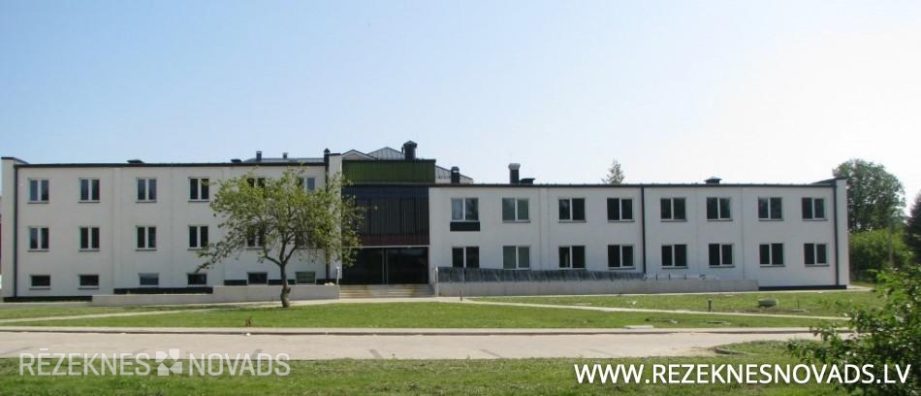Maltas music school

Maltas Mūzikas skola pastāv no 1991. gada. Skolas darbības mērķis ir veidot izglītības vidi, organizēt un īstenot izglītību, kas nodrošinātu profesionālās ievirzes mūzikas izglītības programmās noteikto mērķu sasniegšanu.
Skolā strādā 8 pedagogi 7 akreditētās un licencētās profesionālās ievirzes izglītības programmās:
- “Keypad game” — piano game (20V 212 01 1);
- “Keypad game” – acordeone game (20V 212 01 1);
- “String instrument game” — violet game (20V 212 02 1);
- “String instrument game” — guitar game (20V 212 02 1);
- “Pūšaminstrumentu” (flautas, klarnetes, saksofona) spēle (20V 212 03 1).
Maltas music school students are actively participating in the events organised by the school. Each school year, training programmes shall be organized in each speciality for the improvement of the performance of the performance technique. Children participate in all major public holidays in parish, competitions in the municipality and in the Republic.
Mūzikas skolā mācības apgūst bērni gan no Maltas, Feimaņu, Kaunatas, Čornajas, Mākoņkalna, Pušas, Tiskādu, Lūznavas un Silmalas pagastiem. 2023./24. mācību gadā skolēnu skaits skolā ir 69 izglītojamie
Every year, a trip concert to the surrounding parish is organized to promote professional musical education, as well as to introduce older, sophisticated members with the achievements of school students in the mainstream specialties.
On September 1, 2015, THE Maltas music school started training in new, rebuilt, well-equipped spaces. In the framework of the project “Maltas 1 st secondary school and Maltas 2 nd secondary school building and the reconstruction of the total infrastructure”, the simplified reconstruction of THE second body of THE SECONDARY school of Maltas was carried out and the construction of the first body reconstructed in which THE Maltas music school is now located. In order to get to a music school, Maltas secondary school students don't need to measure the way through village streets. The school can now go through all the hallways connecting the body. This allows students to devote more time to musicisation. The overall Maltas school infrastructure has also contributed to cooperation between the two educational institutions.
As of January 2015, the municipality of Rezekne has decided that training AT Maltas music school is without parental co-financing, which has increased both the number of students and competition among educators. The musical instruments are free for pupils and the school seeks to improve the school's material base every year with new musical instruments and learning materials. It should be hoped that healthy competition will contribute to the growth of learning outcomes and promote the development of new talent!